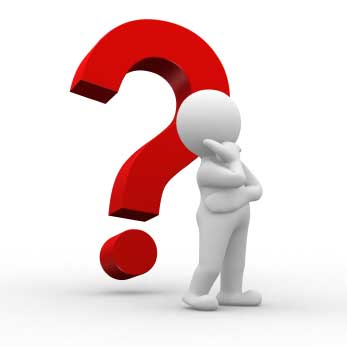 It has now been over a week since the DoJ seized the bank accounts and domain names of Pokerstars, Full Tilt Poker and Cereus. Panic struck the online poker world, US players found themselves unable to play at their favorite rooms, unable to access their money and nobody knew what the future would bring. Since then the dust has settled a bit. Pokerstars and Full Tilt cooperated with the DoJ and got their domain names back. They also promised their US players they would get their money back. Cereus decided to put up a fight and still allows US players to play at their sites although they are unable to either deposit or withdraw.
It has now been over a week since the DoJ seized the bank accounts and domain names of Pokerstars, Full Tilt Poker and Cereus. Panic struck the online poker world, US players found themselves unable to play at their favorite rooms, unable to access their money and nobody knew what the future would bring. Since then the dust has settled a bit. Pokerstars and Full Tilt cooperated with the DoJ and got their domain names back. They also promised their US players they would get their money back. Cereus decided to put up a fight and still allows US players to play at their sites although they are unable to either deposit or withdraw.
Meanwhile former insignificant rooms and networks like Bodog, Merge and Cake Poker suddenly became major players in the US poker economy. In little over a week time Merge doubled its player base and both the Cake Network and Bodog gained 30%. Not really a surprise considering the huge amount of American players looking for new rooms where they can play their favorite game.
One question keeps rising and that is: is it safe to deposit? If the DoJ can take out the biggest sites on the internet, then for sure they can reach the smaller sites. Having money stuck on Pokerstars is bad enough, nobody is waiting for more money to be stuck on another room. Will the DoJ come after the other remaining US rooms?
Click Here for a List of US Accepted Online Poker Sites
The case built around the Big Three is based on the testimony of one of their former processors. Australian citizen Daniel Tzvetkoff is a 27 year old entrepreneur who made millions processing deposits and withdrawals for the major US facing sites. This made him millions but it wasn’t enough for him, he started scamming his very own customers; the poker sites. The sites found out about this soon enough and sued Tzvetkoff and even ratted him out to the authorities when he was in Las Vegas for a conference in April 2010. Tzvetkoff was arrested and faced 75 years in jailtime. This convinced him to cooperate with the US government and his inside information on how Pokerstars, Full Tilt and Cereus handle their money proved invaluable to the DoJ and lead to the actions taken on April 16. Ironically, the people that ratted Tzvetkoff out are facing the same charges he did when he initially got arrested. Tzvetkoff is currently in witness protection and is said to reside in the New York area and is probably unable to ever return to his home country, Australia.
The lack of action taken against the remaining rooms that are open to US players tells us that Tzvetkoff didn’t have any dirt on them. If he did, the DoJ would have brought them down in the same run. Obviously it is impossible to know where the DoJ is up to but it appears that the smaller room have escaped their radar for now. They have nothing on them or they are going after the big fish first in case that can easily drag for years. With Lock Poker, Bodog and Intertops offering Quicktender, and Usemywallet it is still very much possible for the US player to fund their online poker accounts. Sports Interaction Poker on the Cake Network still facilitates eCheck deposits. There are still plenty of options left to play the game played by millions other Americans within the borders of the United States.
But again, the golden rule in gambling counts: Only play with money that you can afford to lose. If in an unlikely event the DoJ freezes funds again, it might take a while before you get your money back.

